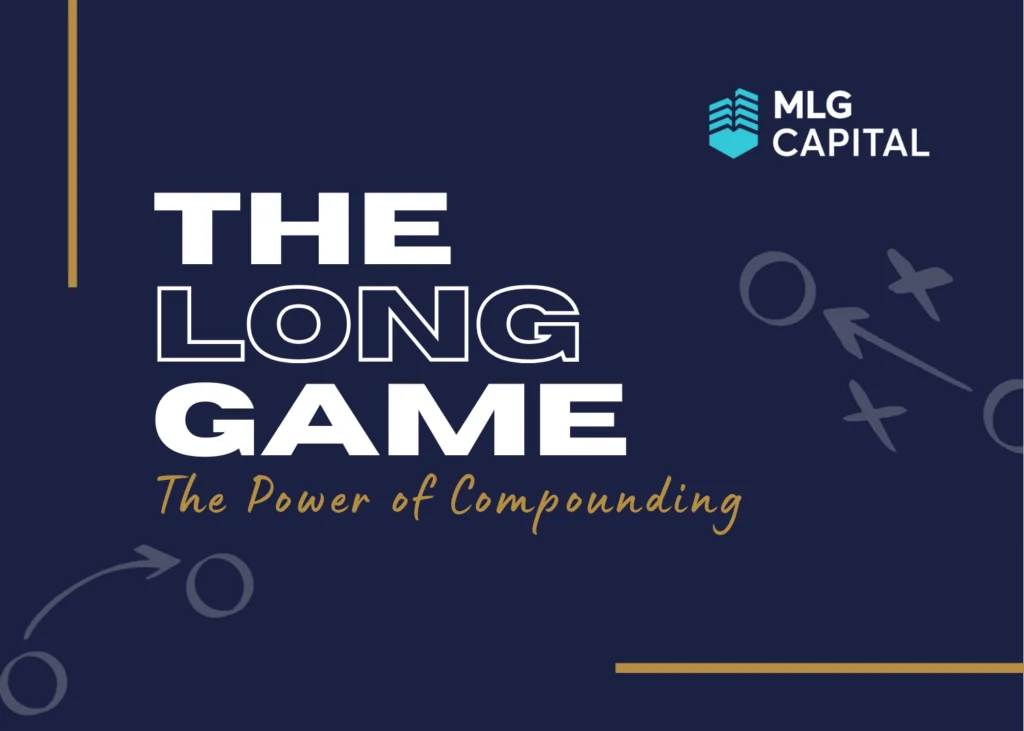Blog
Investing in private real estate across all aspects of the business has put our team in the unique position to allow us to share our industry knowledge. Want to learn more about MLG or real estate? Take a look below.
Featured Articles

The end of January each year brings with it the unofficial kick-off to the new year in the world of the multifamily industry at the National Multifamily Housing Council’s Annual Conference. The ...

2025 was a year defined by resilience, discipline, and the power of playing “The Long Game,” a key philosophy that describes our investment strategy and approach to relationships with our ...

Every fall, we gather our investors, partners, and team members to reflect on what it truly means to invest for the long term. This year’s Fall Investor Event, “The Long Game,” brought together ...

Perhaps you’ve thought about diversifying your traditional portfolio and considered real estate as a potential solution. Or, maybe you’re only familiar with real estate investment trusts (REITs) ...

Private real estate is a tax-advantaged asset class. At MLG, we first focus on making smart real estate investment decisions, then wrap strategic tax planning around those decisions. One ...

Real estate has long been a cornerstone of wealth building, offering both income and appreciation potential. But not all real estate investments are created equal. For those looking to access ...

At MLG Capital, we monitor legislative developments that could influence the real estate investment environment. One such development is the “One Big Beautfiul Bill Act, which introduces ...
No results found.
Subscribe to MLG Updates
Join our mailing list to get the latest news and blog updates from MLG!



